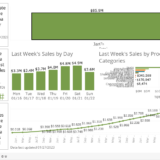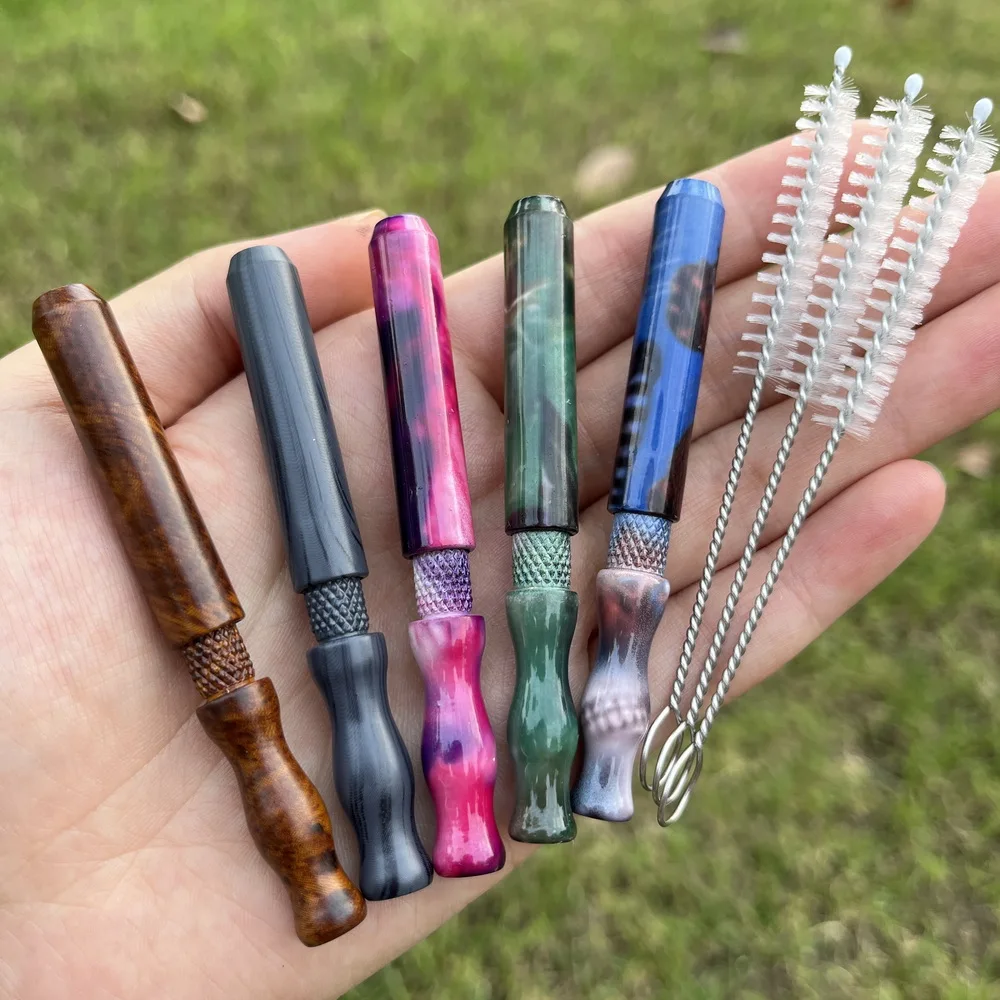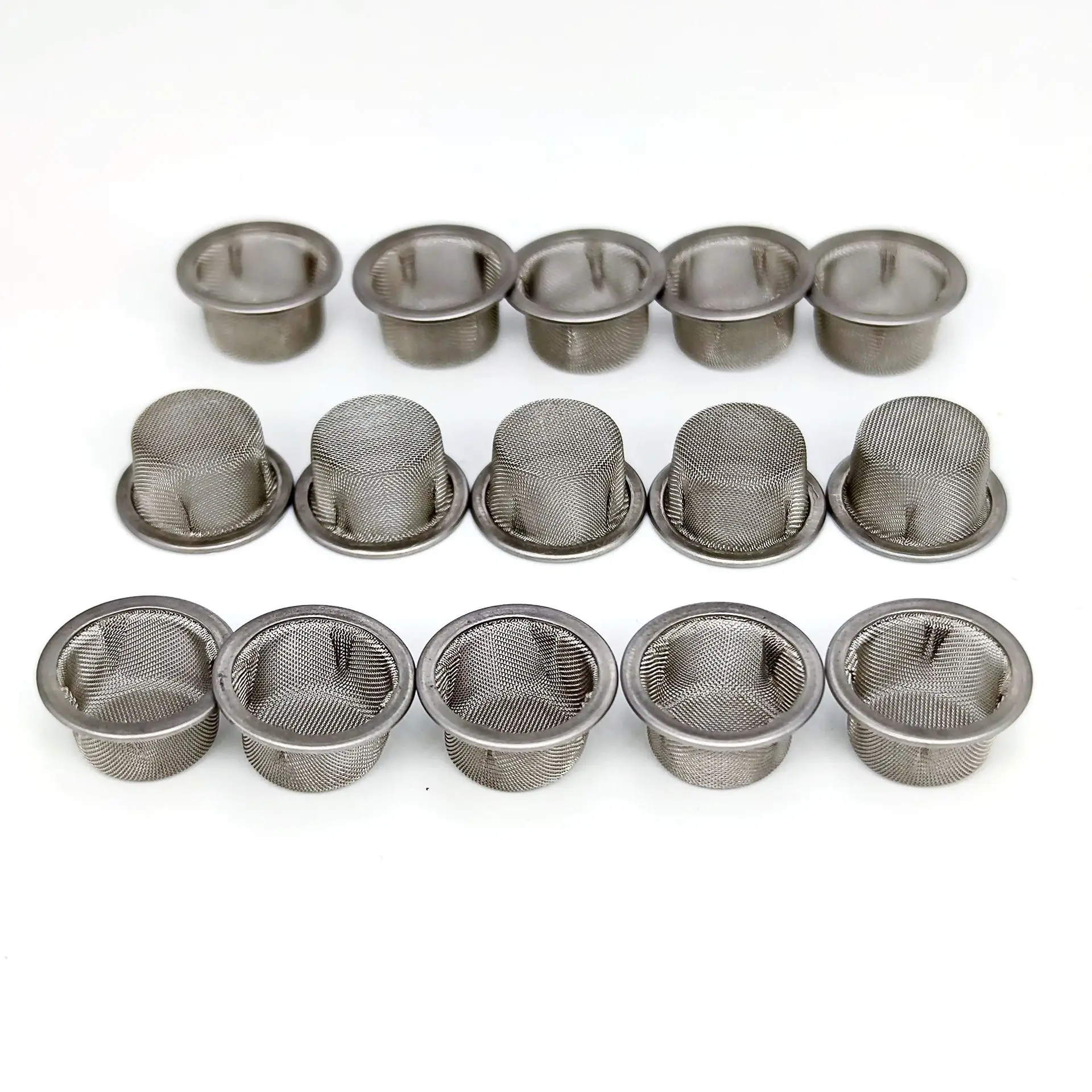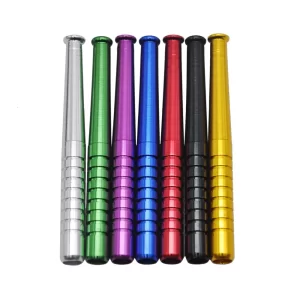 In an industry defined by local operators struggling to stay afloat and confined within their borders, Michael Sassano, founder and CEO of Somai Pharmaceuticals, has created a blueprint for scaling cannabis worldwide with pharmaceutical discipline and regulatory agility. With headquarters in Lisbon and operations in 12 countries today, Somai is preparing to reach 18 by year’s end.
In an industry defined by local operators struggling to stay afloat and confined within their borders, Michael Sassano, founder and CEO of Somai Pharmaceuticals, has created a blueprint for scaling cannabis worldwide with pharmaceutical discipline and regulatory agility. With headquarters in Lisbon and operations in 12 countries today, Somai is preparing to reach 18 by year’s end.
The company has already secured distribution in Germany, the UK, Italy, Australia, and New Zealand, with France recently authorizing Somai’s products for its growing patient program. By the end of this year, six more markets, including parts of Eastern Europe, will be added to the roster.
“Every new country is like starting a company from scratch,” Sassano said in an interview. “You have to understand not only the national regulations but also how local medical communities perceive cannabis, how prescriptions are written, and what distributors are required to do. There’s no one-size-fits-all approach.”
Operating across borders has taught Somai how to adapt to widely different healthcare environments. In Germany, cannabis is covered by insurance in some instances, requiring negotiations with health funds. In the UK, the market is dominated by private clinics and cash-paying patients. Australia and New Zealand have highly structured import programs, while France is still moving cautiously through pilot projects.
This incremental, country-by-country buildout has given Somai real-world experience operating across multiple regulatory systems, positioning the company as one of the most credible voices on international cannabis harmonization.
High Standards Are Key
At the core of Somai’s global strategy is its pharmaceutical manufacturing facility in Lisbon, certified under EU-GMP (Good Manufacturing Practice). This certification is a mandatory requirement for selling medical-grade cannabis products in the EU and most international markets.
“EU-GMP is the gold standard,” Sassano says. “Without it, you simply can’t access the bulk of the world’s regulated medical markets.”
This distinction highlights one of the biggest differences between the US and international cannabis industries. In the United States, the market is fractured by a state-by-state model, with companies forced to duplicate infrastructure in every new state because products can’t cross state lines. By contrast, Somai can centralize manufacturing in Portugal and distribute to multiple countries. Products produced in Lisbon are eligible for export across Europe, Australia, New Zealand, South Africa, Brazil, and other compliant markets.
Unlike US operators who may quickly launch products like gummies with minimal oversight, a EU-GMP market-authorized medicine requires approximately two and a half years of validation, stability testing, and regulatory review before reaching patients. The payoff is consistency, safety, and the ability to meet the expectations of regulators, physicians, and patients alike.
By owning EU-GMP manufacturing and pairing it with distribution partnerships across 12 (soon 18) countries, Somai is among a select handful of cannabis companies capable of bringing pharmaceutical-grade products to the global market.
Strategic Partnerships, Cultivation, and Research
Somai’s global growth relies on a carefully balanced supply chain strategy that combines in-house cultivation with an extensive network of international partners. In addition to cultivating indoor flower at its own facilities, it also works with about 15 cultivation partners worldwide.
In most European markets, pharmaceutical cannabis must move through distributors before reaching pharmacies. Somai works with leading distribution companies, ensuring products reach doctors and patients in compliance with local laws.
Research partnerships are also part of Somai’s business strategy. The company collaborated with a university in Lisbon to conduct clinical research evaluating its manufacturing process, ensuring consistency from one product to another and from batch to batch. This validation of consistency is crucial for Somai to claim medical status and prove it.
“There are really only five global operator brands today in the market, and then a lot of localized brands, clinic brands, and white-label brands,” Sassano notes. “Our focus is on building a pharmaceutical brand with true international reach.”
Pharmaceutical Rigor from the Start
“In pharmaceuticals, quality is binary,” Sassano explains. “Either you meet the exacting standards or you don’t. There is no middle ground.”
This applies from raw material sourcing to batch release protocols. Unlike the US, which often requires independent third-party lab testing, the EU herbal medicine framework permits EU-GMP-certified facilities, such as Somai, to conduct all necessary testing in-house. Somai operates its own EU-GMP lab, a rarity in cannabis but standard in pharma.
The lab operates under strict oversight from a Qualified Person (QP), who leads the independent Quality Assurance (QA) department. The QA/QP team conducts regular onsite reviews of all procedures and documentation, ensuring that production, laboratory testing, and batch releases adhere to rigorous protocols. “Nobody can influence the lab or its reports,” Sassano emphasizes. Each product undergoes multiple checks: raw material testing, formulation verification, and random dosage confirmation.
Even packaging and labeling are treated with pharmaceutical precision. Labels must comply with each country’s language and dosage requirements, and patient information leaflets are tailored to the regulatory environment. “It might seem like a small thing, but one mistake on a label can stop a shipment at customs and delay patient access by months,” Sassano notes.
Sassano supports the rigorous framework. “Doctors will only prescribe, and patients will only trust cannabis if it meets the same standards as any other medicine on the shelf.”
Navigating a Patchwork of Regulations
Some nations allow doctors to prescribe freely, while others limit access to a narrow list of conditions. Even within the same country, patients may face dramatically different experiences.
Sassano points to Italy as a case in point. While prescriptions are permitted, the way pharmacists prepare medicines can vary region by region. “A patient in Milan might get a different preparation than a patient in Rome, even with the same prescription,” he explains. “That creates inconsistency for patients and makes it extremely challenging for producers to standardize.”
The difference between magisterial preparations and finished dosage form medicines illustrates the unevenness of the system. In newer markets, such as the UK and Australia, patients now receive finished dosage products that are fully packaged, labeled, and ready to use, just like any other pharmaceutical. But in older systems, pharmacists were often required to compound medicines themselves, a legacy from the early years when manufacturers didn’t exist and flower was the only product available.
Germany still clings to this model. Pharmacy compounding laws require pharmacists to fill vape cartridges or re-bottle oils instead of allowing manufacturers to deliver standardized, child-proof, finished dosage forms directly. “In some cases, they’re literally just swapping a cap, calling it magisterial prep, and charging patients double,”
Sassano notes. “It’s an archaic system that needs to go.”
Despite these hurdles, Sassano sees eventual harmonization as inevitable. “Europe cannot sustain a market where 27 countries have 27 different systems,” he argues. “Over time, patient demand and cross-border trade will push regulators toward standardization. Finished dosage forms are the future.”
Global Market Access
Somai’s EU-GMP certification positions it for international distribution. Unlike the US state-by-state system, where borders are closed and infrastructure must be duplicated in each market, EU-GMP allows a single production hub to supply multiple countries. As a recognized pharmaceutical standard, it enables Somai’s products to move across borders into any country that accepts EU-GMP medicines.
This flexibility is critical because cannabis is treated differently around the world. Europe and many international markets have strong herbal medicine traditions, so cannabis extracts fall under the herbal pharmacopoeia as true medicines and are subject to rigorous pharmaceutical rules. In contrast, the US market is closed off under FDA oversight, which historically favors synthetic cannabinoids over botanical extracts.
Still, Somai is positioning itself for future entry. “We’re working with the U.S. Department of Veterans Affairs because there is no federally approved cannabis extract made domestically,” Sassano says. “If cannabis is ever integrated into federal programs, it will need to be a registered medicine, not a dispensary product.”
Beyond the U.S., Somai has already secured FDA-style registrations in countries like Thailand, is pursuing approvals in Japan, and has entered France’s government-controlled medical program, where cannabis is subsidized for patients.
“These are true medicines that can travel cross-border,” Sassano says. “Wherever cannabis is accepted as a medicine, we want to be there.”
Conclusion
Michael Sassano’s insights offer a roadmap not just for his company but for the entire industry. “Cannabis is a medicine first,” he emphasizes. “Our responsibility is to show regulators, doctors, and patients that it can be produced, prescribed, and trusted like any other pharmaceutical. Once that trust is established, global acceptance will follow.”
Quick Q&A Recap
Q: Who is Michael Sassano?
A: Michael Sassano is the founder and CEO of Somai Pharmaceuticals, a company scaling cannabis globally with pharmaceutical-grade standards.
Q: What is Somai Pharmaceuticals’ global footprint?
A: Somai currently operates in 12 countries and plans to expand into 18 by the end of the year.
Q: Why is EU-GMP certification important in cannabis?
A: EU-GMP (Good Manufacturing Practice) is the gold standard for pharmaceutical products and a requirement to sell medical cannabis in most international markets.
Q: How does Somai’s model differ from U.S. cannabis companies?
A: Unlike U.S. operators confined by state borders, Somai can centralize manufacturing in Portugal and distribute across multiple countries under EU-GMP rules.
Q: What are the main challenges of international cannabis expansion?
A: Each country has unique regulations, healthcare systems, and distribution requirements, forcing companies to adapt market by market.
Q: How does Somai ensure pharmaceutical quality?
A: The company operates its own EU-GMP-certified lab with strict Quality Assurance oversight, ensuring consistency, safety, and regulatory compliance.
Q: What role do partnerships play in Somai’s strategy?
A: Somai balances in-house cultivation with about 15 global cultivation partners and works with leading distributors to reach doctors and patients.
Q: What is the future of cannabis regulation in Europe?
A: Sassano believes eventual harmonization is inevitable, with standardized finished dosage forms replacing outdated pharmacy compounding practices.
Q: Is Somai targeting the U.S. market?
A: Yes. Somai is collaborating with the U.S. Department of Veterans Affairs and preparing for potential federal approval of cannabis-based medicines.




























